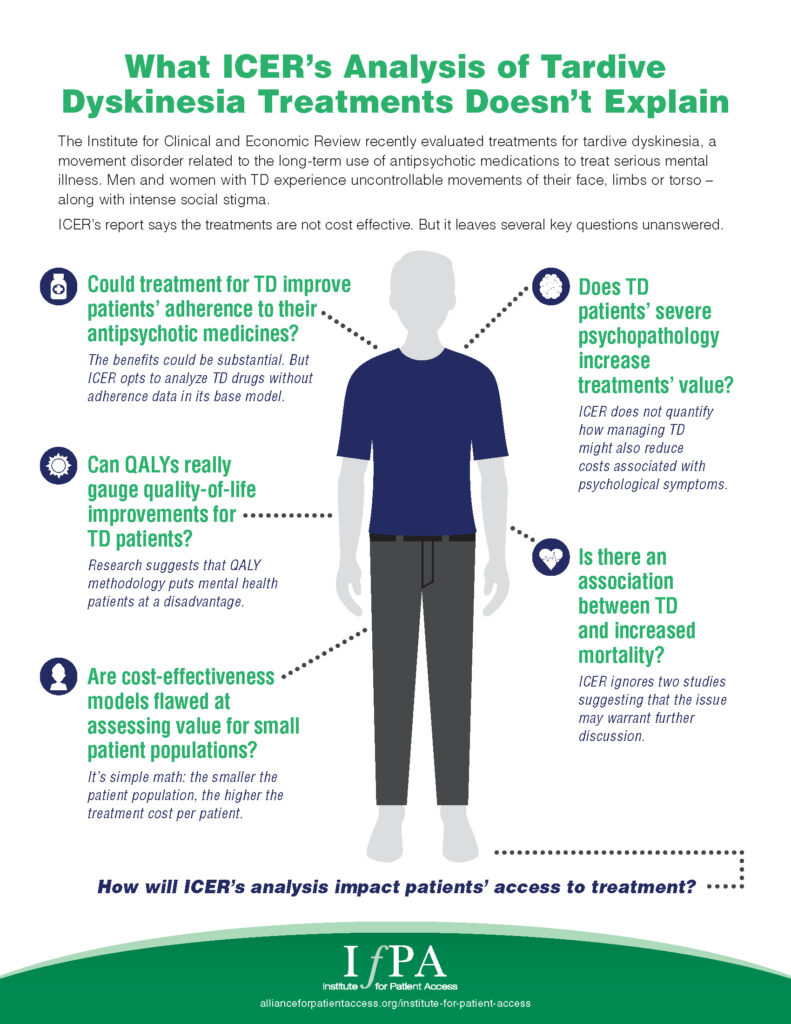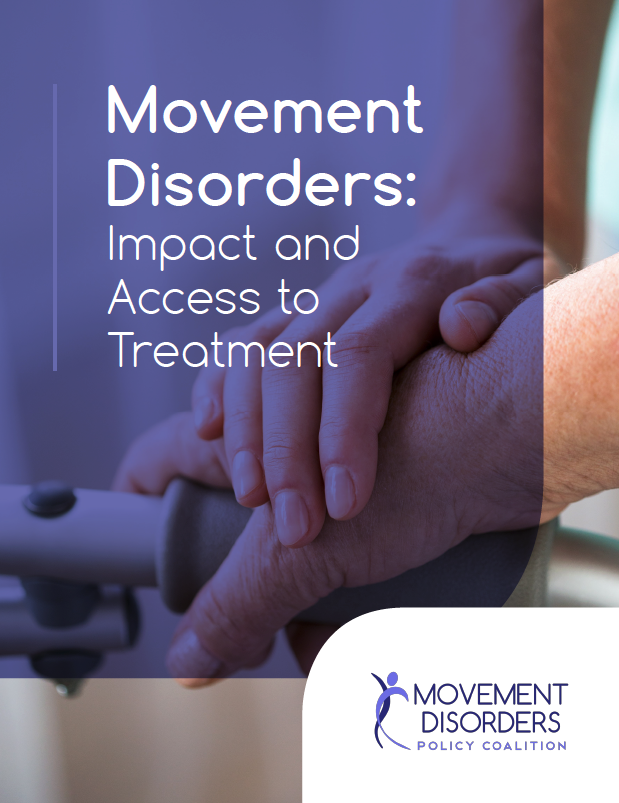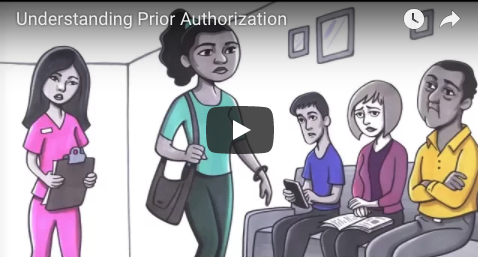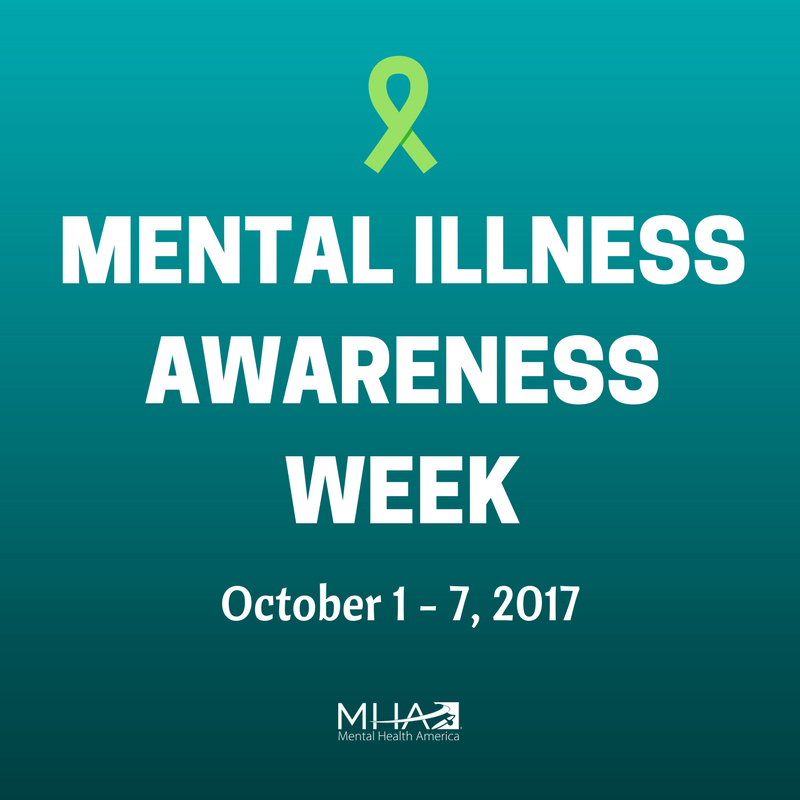Infant Health Summit Spotlights Diversity and Access Disparity
“Man up” isn’t the advice you’d expect to hear at a policy summit on health care access for mothers and infants. But it’s just what Adam Busby, star of TLC’s “OutDaughtered” and keynote speaker at the third annual Infant Health Summit, felt during his struggle with postpartum depression.
What ICER’s Analysis of Tardive Dyskinesia Treatments Doesn’t Explain

The Institute for Clinical and Economic Review recently evaluated treatments for tardive dyskinesia, a movement disorder related to the long-term use of antipsychotic medications to treat serious mental illness. Men and women with TD experience uncontrollable movements of their face, limbs or torso – along with intense social stigma.
ICER’s report says the treatments are not cost effective. But it leaves several key questions unanswered.
Feedback on ICER’s Vesicular Monoamine Transporter 2 Inhibitors for Tardive Dyskinesia: Effectiveness and Value report

IfPA is concerned that ICER’s draft evidence report, dated October 2, 2017, undervalues the benefits that tardive dyskinesia (TD) patients can receive from VMAT2 inhibitors. This undervaluation arises because of the reasons described below. 1. The base model does not incorporate the benefit of TD patients’ improved adherence to their antipsychotic medicines. 2. The cost-effectiveness […]
The Generation that Ends the Opioid Epidemic

President Donald Trump declared America’s opioid crisis a public health emergency on Thursday, announcing, “We can be the generation that ends the opioid epidemic.” But how?
2017 Infant Health Policy Summit
For the third year in a row, the Institute for Patient Access and National Coalition for Infant Health hosted the 2017 Infant Health Policy Summit in Washington, DC on October 26. Health care providers, patient advocates, and policy makers gathered to discuss patient access issues facing vulnerable infants and their families. Expert […]
Are Regulators Too Hasty in Approving Cancer Drugs?

The British Medical Journal ignited debate earlier this month when it announced that about half of cancer drugs approved by the European Medicines Agency don’t improve survival or quality of life. The claim begs several complex question: How can regulators evaluate drugs both quickly and effectively?
Movement Disorders Group Explores Impact, Treatment Barriers in New White Paper

Millions of people are affected by neurological conditions known as movement disorders: Parkinson’s disease, essential tremor, tardive dyskinesia and more.
Health Plan Approval Process Impacts Patients, New Video Explains

What began as a safeguard against unnecessary drug spending has become a significant barrier to patient access. And as “Understanding Prior Authorization,” a new video from the Alliance for Patient Access, explains, the process may cut costs at patients’ expense.
Mind-Body Pain Treatments Pass ICER’s Cost-Effectiveness Test

Treating chronic low back pain with approaches such as yoga and talk therapy is cost effective, the Institute for Clinical and Economic Review announced this month. Will health plans respond by expanding coverage for non-pharmacologic therapies?
The Mental Illness Problem Hidden in Plain Sight

Depression, bipolar disorder, ADHD, schizophrenia and obsessive compulsive disorder – mental illness takes multiple forms.

